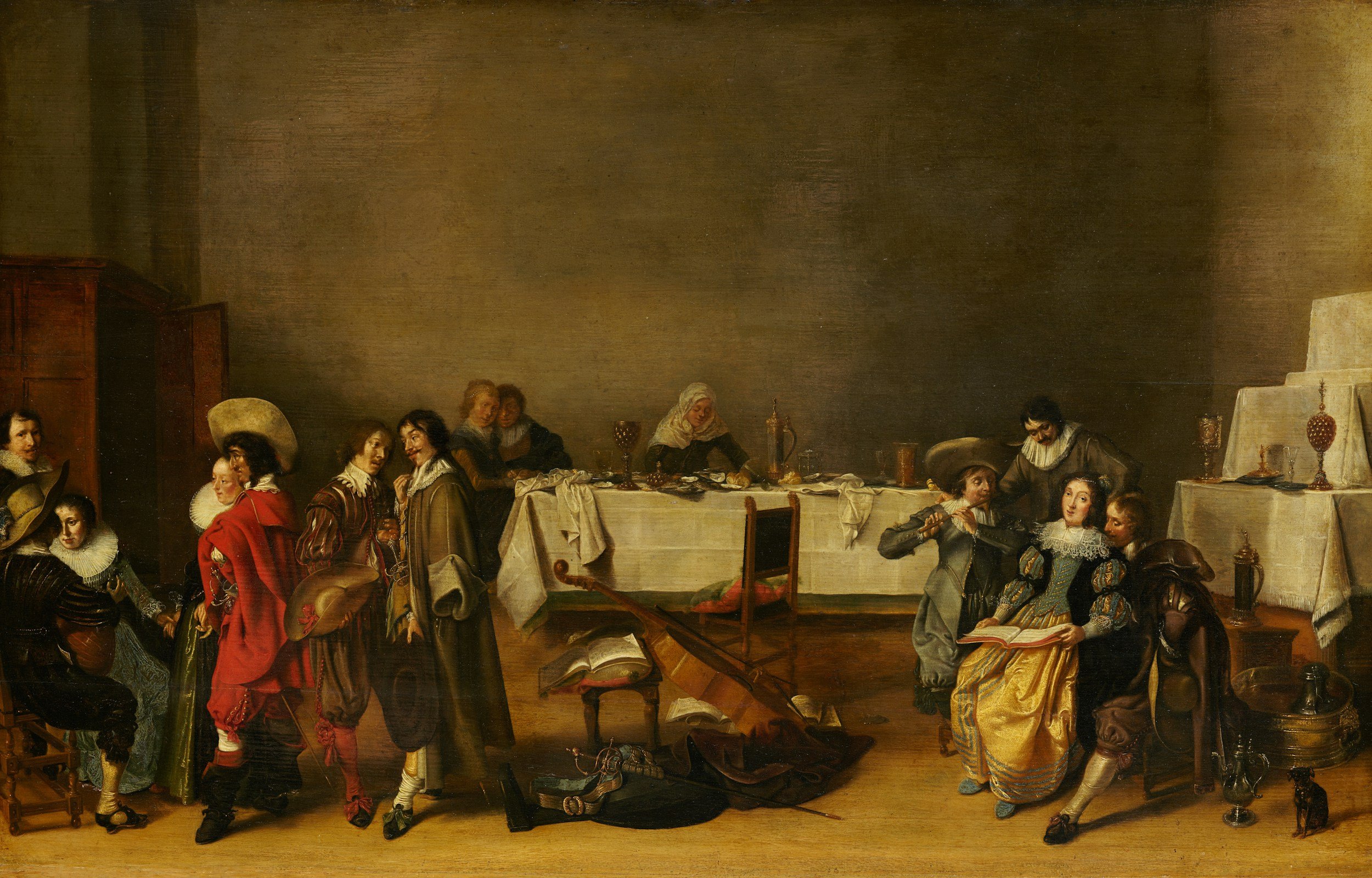How did 16th- and 17th-century English writers talk about love, sex, and friendship, and how were early modern representations of love and desire shaped by understandings of gender, sexuality, race, disability, class, and other identity categories?
This course focuses on representations of relationships between friends, lovers, and spouses in 16th- and 17th-century literature. We will begin by following a conversation about agency, objectification, and unfulfilled desire in sonnets by poets including Francesco Petrarch, John Donne, and Mary Wroth. We then consider how gender identity, sexual desire, and complicated marriages were explored on the stage, reading plays including John Lyly’s Gallathea, in which two women present themselves as young men to escape sacrifice to a sea monster and then fall in love with each other (each thinking the other is a man), and Margaret Cavendish’s The Convent of Pleasure, in which a woman gets so sick of the marriage market that she decides to stop dealing with men entirely and sets up an all-female community. We end with John Milton’s Paradise Lost, a poem in which marriage dynamics determine the fate of the world. Informed by scholarship in feminist, queer, and trans studies, we will explore how these texts both construct social norms and imagine liberating gendered and sexual possibilities.
The study trip takes us to see course-connected locations and shows either in London, including the Globe Theatre, or in Shakespeare’s place of birth, Stratford-upon-Avon, now home to the Royal Shakespeare Company.
Professor: Emily L. Loney, Visiting Assistant Professor in English, Bucknell University ell015@bucknell.edu

